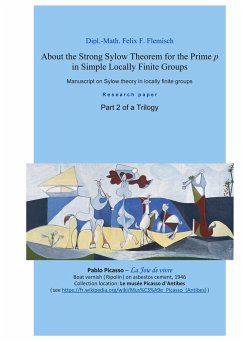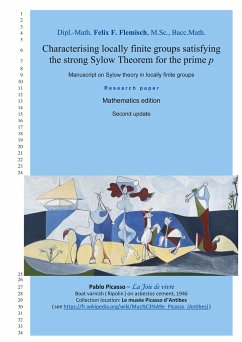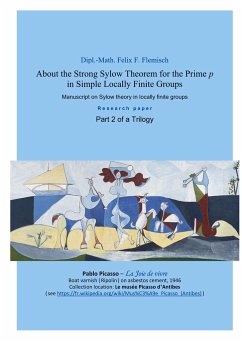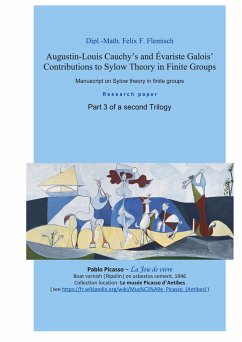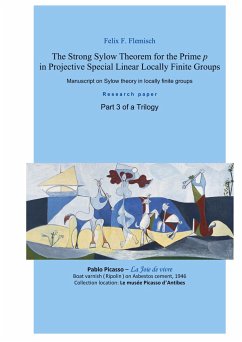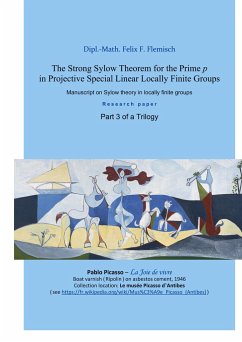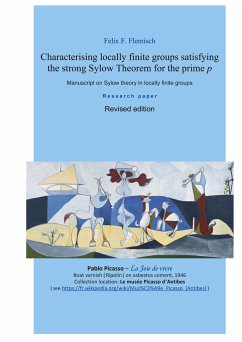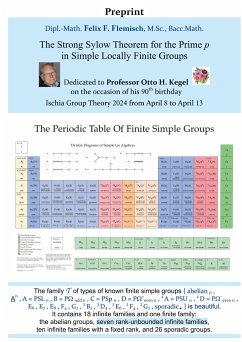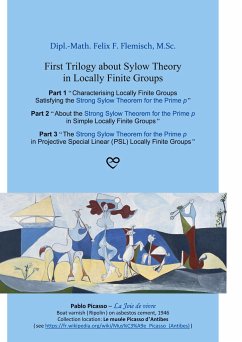
Sylow Theorems
Versandkostenfrei!
Versandfertig in 6-10 Tagen
23,99 €
inkl. MwSt.

PAYBACK Punkte
12 °P sammeln!
High Quality Content by WIKIPEDIA articles! In mathematics, specifically in the field of finite group theory, the Sylow theorems are a collection of theorems named after the Norwegian mathematician Ludwig Sylow. The three main Sylow theorems are the Sylow E theorem, the Sylow D theorem, and the Sylow C theorem, sometimes referring to the "existence", "development" and "conjugate" theorem respectively. Another theorem gives the number of Sylow p-subgroups of a group for fixed prime p; this is sometimes referred to as the Sylow "counting" theorem. Given any prime number and any finite group, the...
High Quality Content by WIKIPEDIA articles! In mathematics, specifically in the field of finite group theory, the Sylow theorems are a collection of theorems named after the Norwegian mathematician Ludwig Sylow. The three main Sylow theorems are the Sylow E theorem, the Sylow D theorem, and the Sylow C theorem, sometimes referring to the "existence", "development" and "conjugate" theorem respectively. Another theorem gives the number of Sylow p-subgroups of a group for fixed prime p; this is sometimes referred to as the Sylow "counting" theorem. Given any prime number and any finite group, the Sylow E theorem asserts the existence of a subgroup of this finite group, having order the power of this prime. The Sylow D theorem asserts the equivalence between maximality of a p-subgroup of a finite group, and that it is a Sylow subgroup of the group. Finally, the Sylow C theorem asserts that all Sylow p-subgroups of a group (for fixed prime p) are conjugate to each other.



